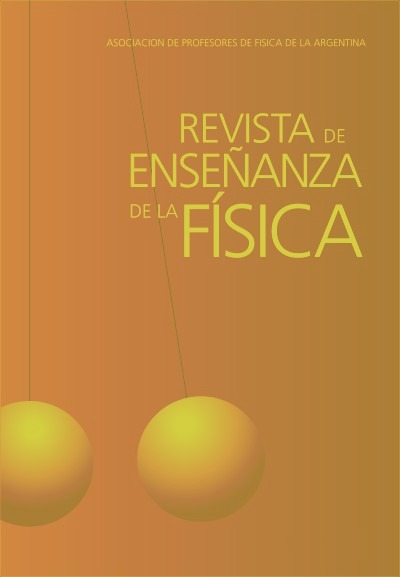Analysis of articles on scientific vulgarization about the centenary of the 1919 eclipse in Sobral and the supposed confirmation of general relativity
Keywords:
Scientific Vulgarization, General Relativity, Eclipse in Sobral, Document Analysis, History of ScienceAbstract
One of the main objectives of Scientific Dissemination (DC) is to guarantee society access to scientific and technological knowledge through the means and / or vehicles of communication and social media, among other formal and non-formal spaces. The inclusion of DC in Science Education is also a recommendation of the National Curriculum Parameters (PCNs), one of the official documents that guide teaching practice, as it includes students in debates and themes on science and academic productions. Studies of scientific dissemination texts reveal, however, the presence of conceptual and historical mistakes that can lead to a mistaken idea of the construction of scientific knowledge. In this work, we analyzed scientific dissemination texts about the centenary of Eclipse in Sobral (Ceará), from 1919, which supposedly confirmed the Theory of General Relativity. In order to highlight the historical and conceptual misconceptions, we conducted a documentary research and compared the DC texts with a review of the historiographical literature. In the analyzed materials, we also detected the presence of an empirical-inductivist view and historical errors that tend to highlight Einstein's merits and Brazil's participation in the theory's “confirmation” process.
Downloads
Published
Issue
Section
License

This work is licensed under a Creative Commons Attribution-NonCommercial-NoDerivatives 4.0 International License.
Aquellos autores/as que tengan publicaciones con esta revista, aceptan los términos siguientes:Los autores/as conservarán sus derechos de copiar y redistribuir el material, bajo los términos estipulados en la Licencia de reconocimiento, no comercial, sin obras derivadas de Creative Commons que permite a terceros compartir la obra bajo las siguientes condiciones:
- Reconocimiento — Debe reconocer adecuadamente la autoría, proporcionar un enlace a la licencia e indicar si se han realizado cambios. Puede hacerlo de cualquier manera razonable, pero no de una manera que sugiera que tiene el apoyo del licenciador o lo recibe por el uso que hace.
- NoComercial — No puede utilizar el material para una finalidad comercial.
- SinObraDerivada — Si remezcla, transforma o crea a partir del material, no puede difundir el material modificado.
- Los autores/as podrán adoptar otros acuerdos de licencia no exclusiva de distribución de la versión de la obra publicada (p. ej.: depositarla en un archivo telemático institucional o publicarla en un volumen monográfico) siempre que se indique la publicación inicial en esta revista.
- Se permite y recomienda a los autores/as difundir su obra a través de Internet (p. ej.: en archivos telemáticos institucionales o en su página web) antes y durante el proceso de envío, lo cual puede producir intercambios interesantes y aumentar las citas de la obra publicada. (Véase El efecto del acceso abierto).










